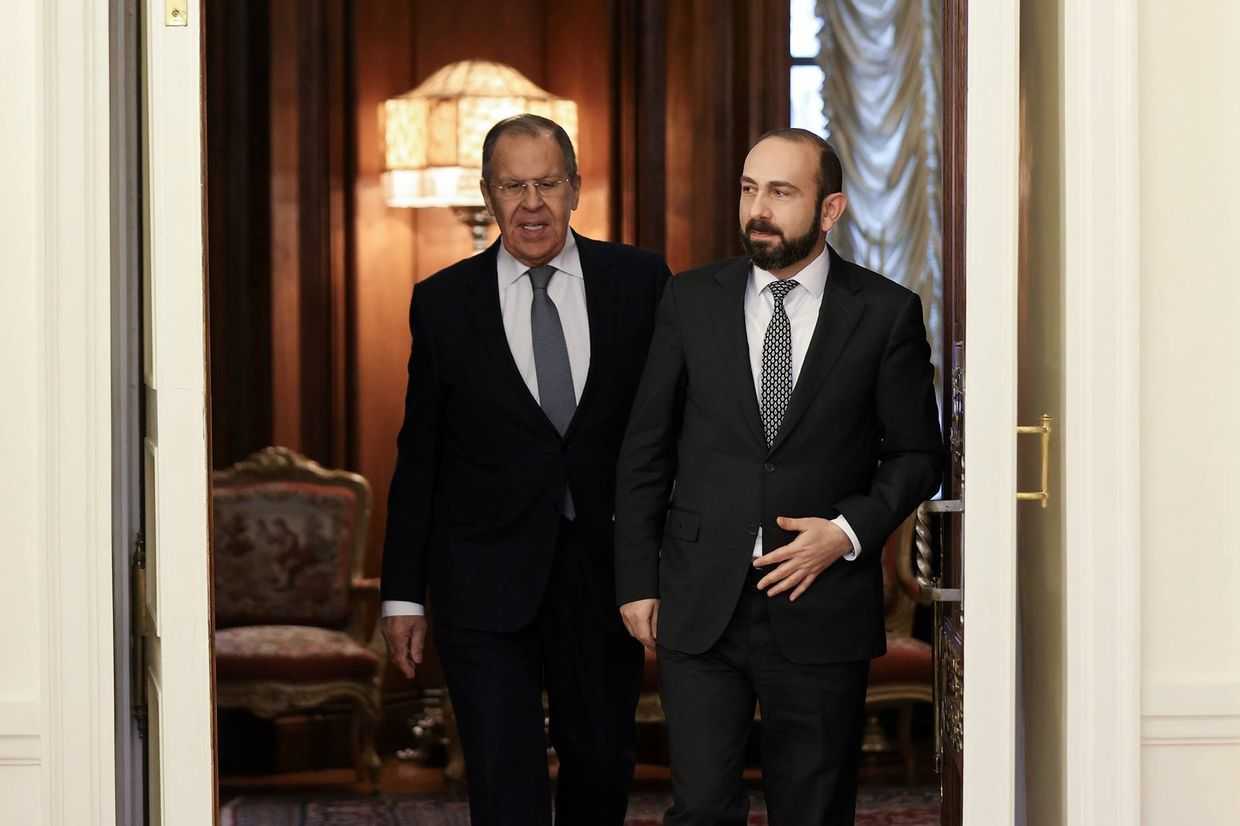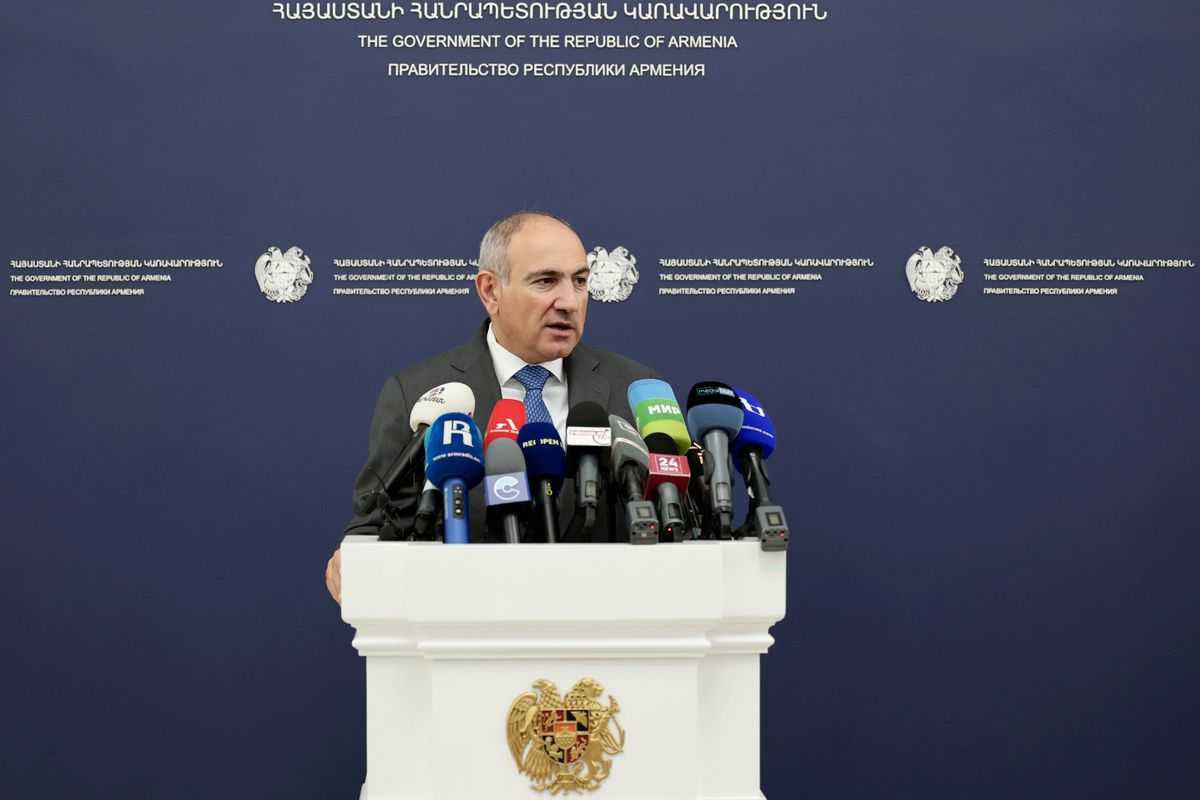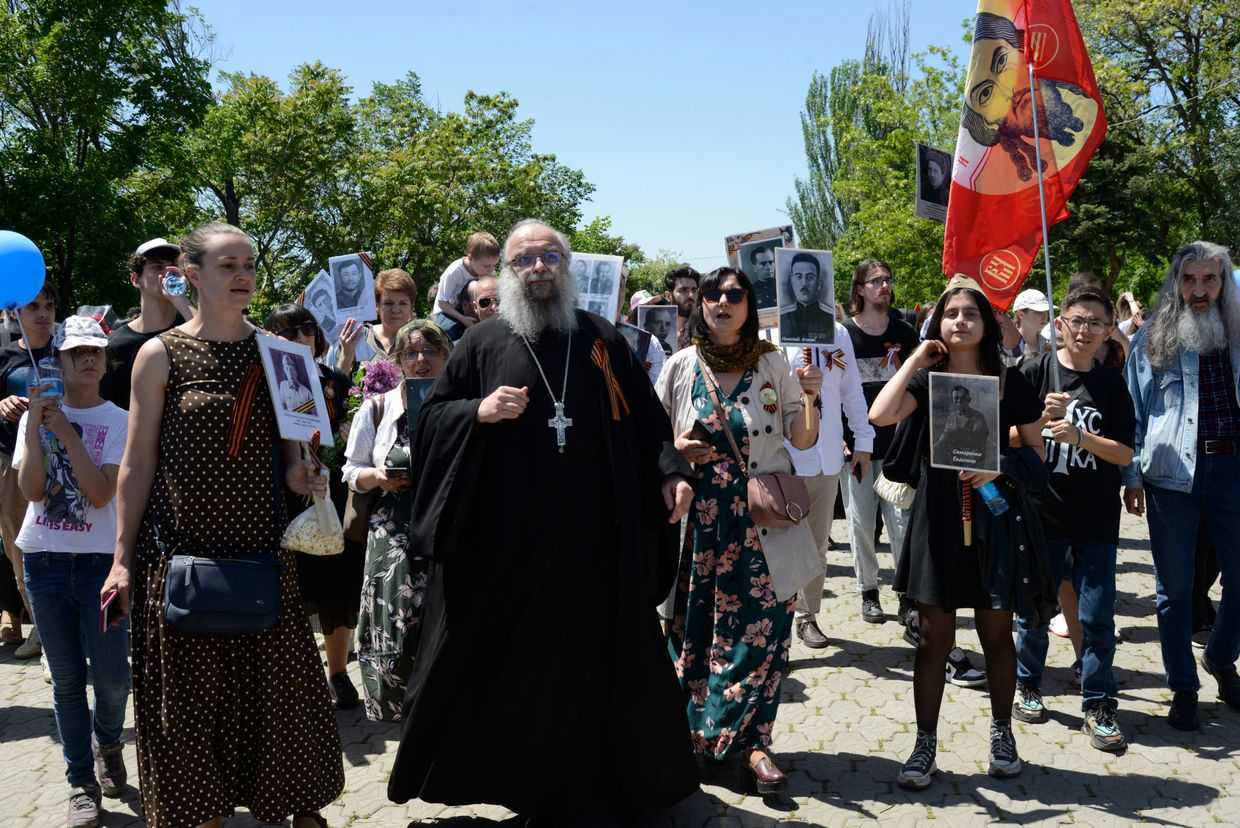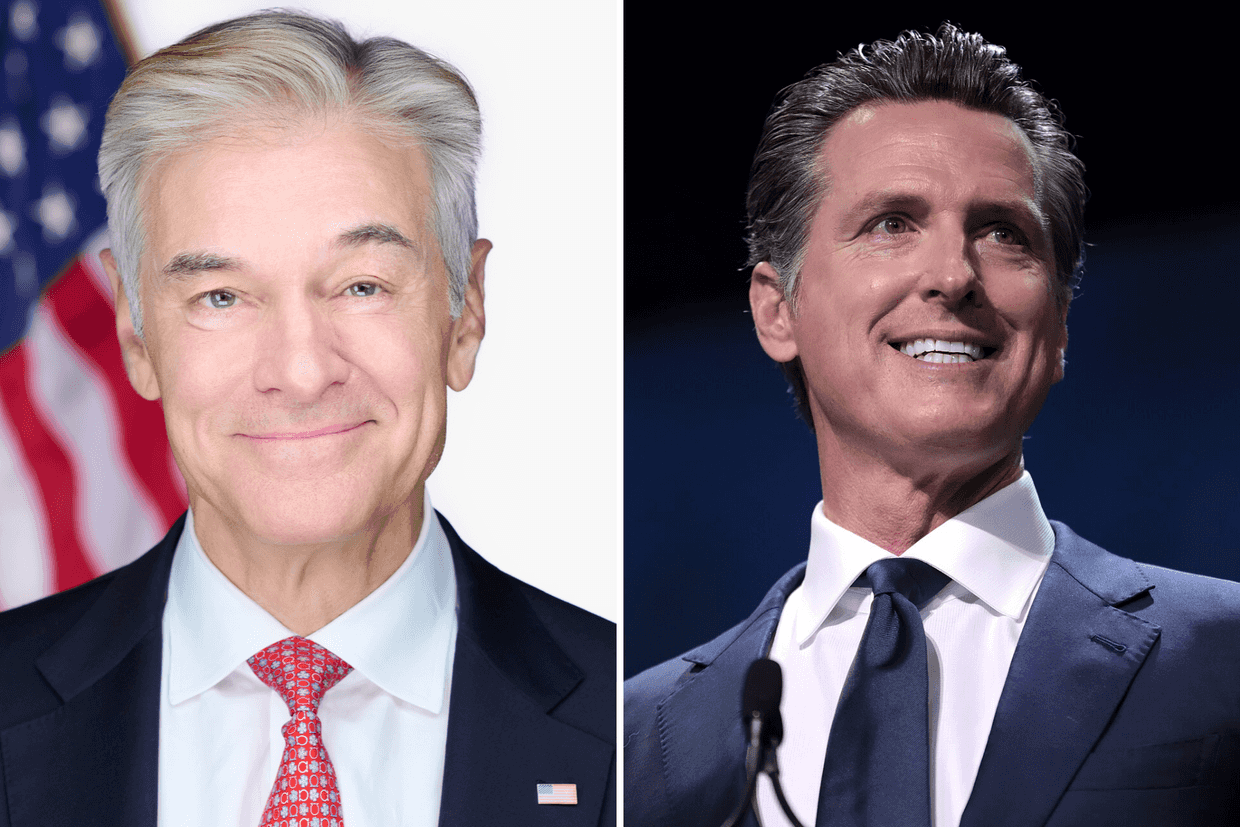
Armenian opposition MPs were barred from entering Nagorno-Karabakh by Russian peacekeepers. Over the previous several days, Armenia’s opposition parties had boycotted parliament over alleged ‘concessions’ Pashinyan had made on Nagorno-Karabakh and vowed to visit the region.
The MPs attempted to cross into Nagorno-Karabakh on Tuesday, but were turned away.
The Armenian Foreign Ministry has since expressed ‘concern’ about the incident, stating that ‘this action contradicts the Trilateral Statement of 9 November, which envisages the unimpeded connection of Nagorno-Karabakh with Armenia through the Lachin corridor’.
The 9 November statement signed by Armenia, Azerbaijan, and Russia brought an end to the Second Nagorno-Karabakh War.
‘All parties to the Statement must strictly adhere to the latter’s letter and spirit, as well as fulfil its obligations’, the Ministry’s statement reads.
On Wednesday afternoon, Armenia’s Foreign Minister Ararat Mirzoyan stated, that the Russian side told them that the opposition figures were banned from entering Nagorno-Karabakh to ‘avoid provocations’.
Artur Ghazinyan, one of the MPs prevented from entering, had earlier speculated that he and his colleagues were prevented from entering the region ‘in order to avoid Azerbaijani provocations’. Ghazinyan called the incident ‘the most shameful and humiliating episode of Armenia’s most recent history’.
Earlier on Tuesday, Armenian opposition parties in parlaiment, the Armenia Alliance and For Honour blocs, castigated the authorities for their handling of security issues in Nagorno-Karabakh and Armenia, before staging a walk-out from parliament.
‘There is a threat to the territorial integrity of Armenia. Artsakh [Nagorno-Karabakh] is in danger. Within the framework of the so-called peace treaty, we are preparing our people for new concessions, new defeats, and a new humiliation’, Seyran Ohanyan, the head of the Armenia Alliance bloc said in a parliamentary address before he and other opposition MPs left the chamber.
MPs from Armenia’s ruling Civil Contract party accused the opposition, which is largely composed of members and allies of the Republican Party, which ruled from 1998 until the 2018 revolution, of ‘stealing’ from the state when they should have been ensuring the security of Armenia and Nagorno-Karabakh.
Civil Contract party MP Hayk Konjoryan, meanwhile, accused the opposition of trying to ‘seize power’ by exploiting security issues.
The boycott was first called on Wednesday, a week after Prime Minister Nikol Pashinyan met Azerbaijani President Ilham Aliyev in Brussels. The two agreed to establish a joint-committee on border demarcation by the end of April and to ‘work on the preparation of a future peace treaty’.
On Monday, Armenian Foreign Minister Ararat Mirzoyan and Azerbaijani Foreign Minister Jeyhun Bayramov, spoke about the ‘creation of the commission on delimitation and border security, preparation of peace negotiations, and humanitarian issues’ by phone.
It was the first instance of a direct call between the two countries’ foreign ministers since the end of the Second Nagorno-Karabakh War in November 2020.
[Read more: Russia deploys more peacekeepers to halt ‘Azerbaijani advance’ in Nagorno-Karabakh]








